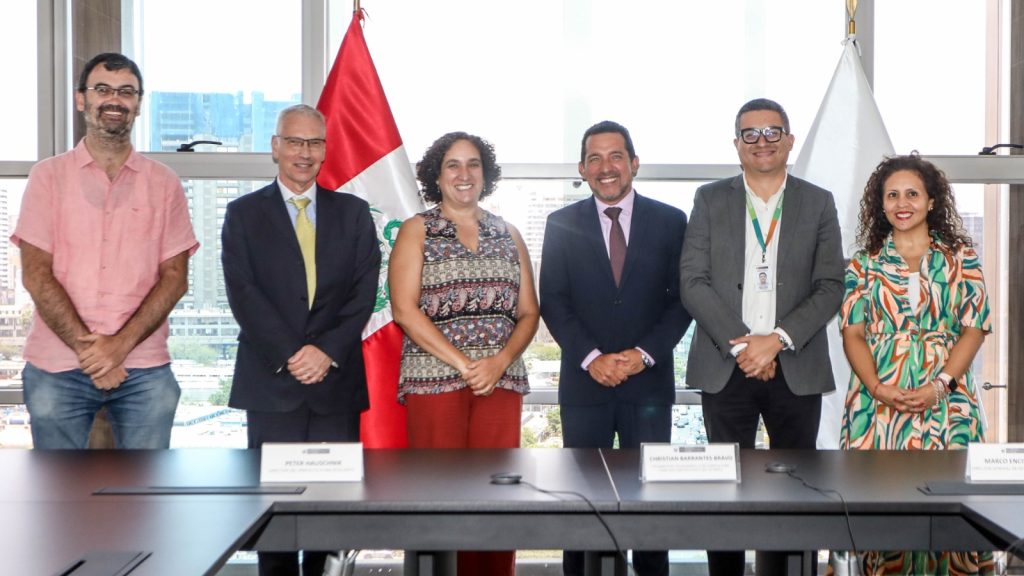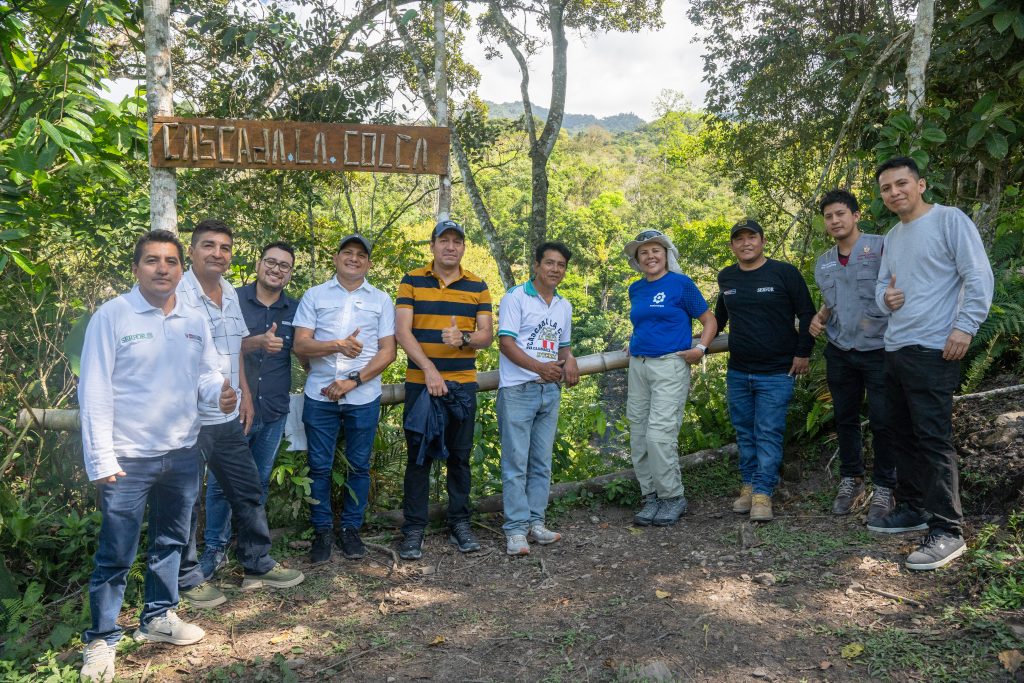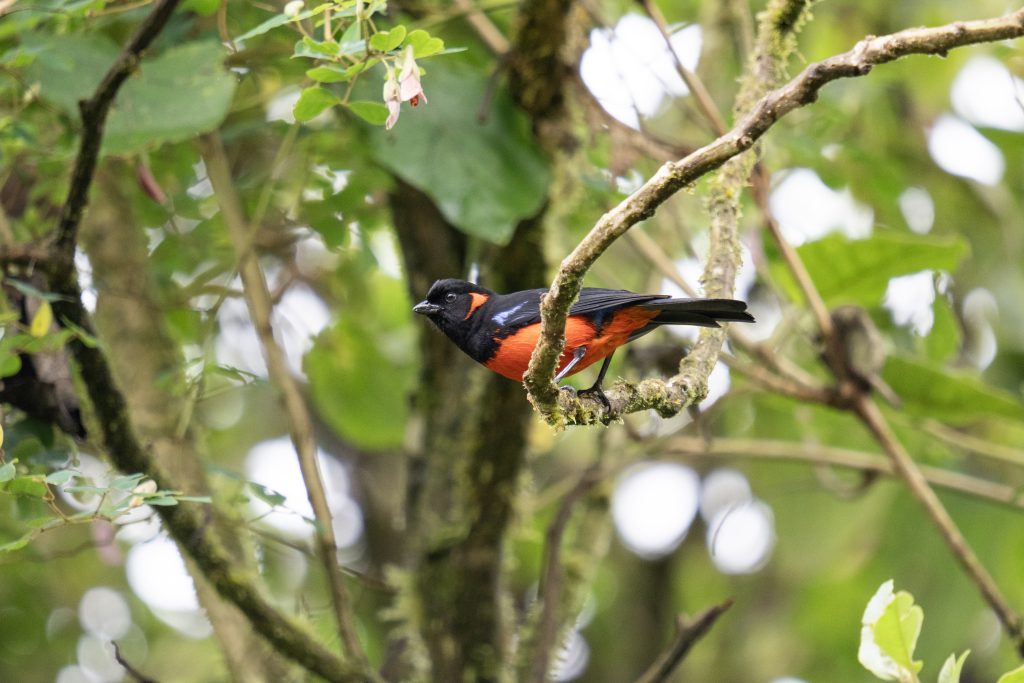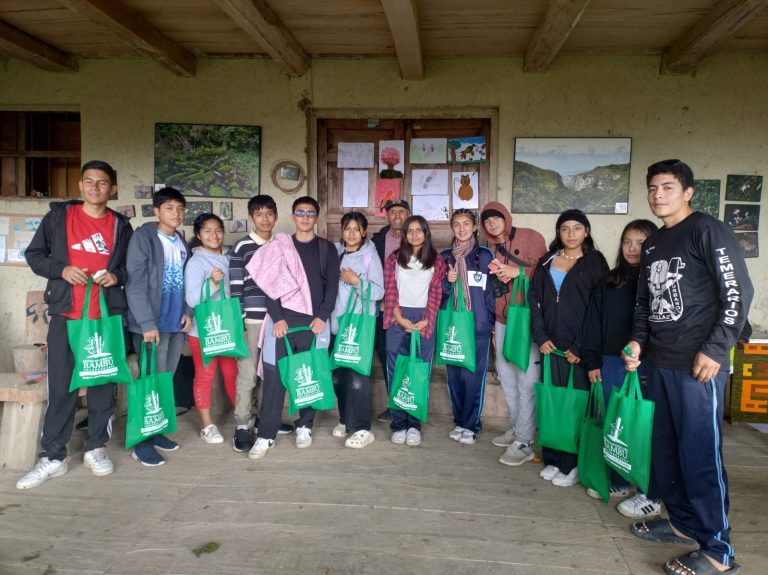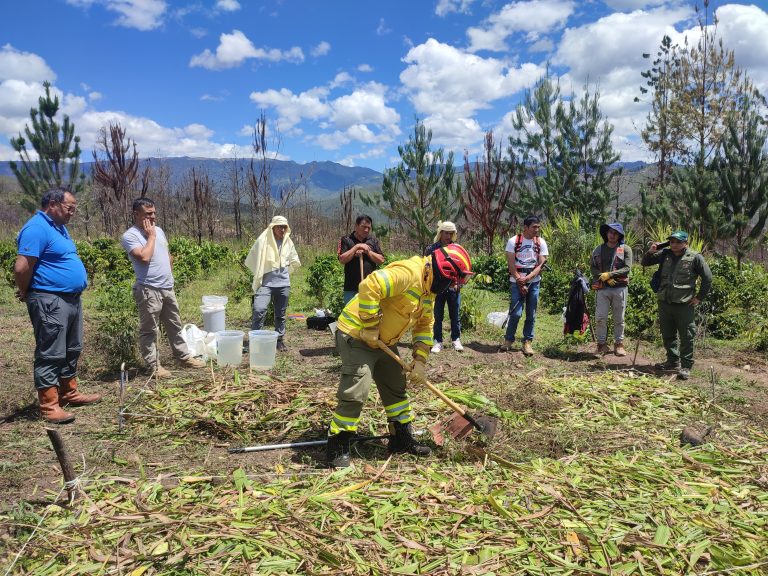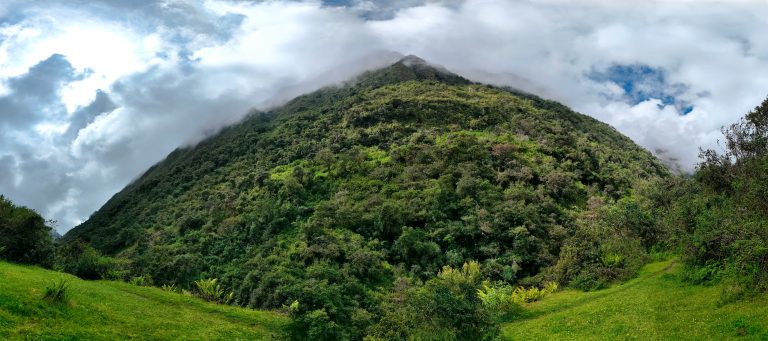Through the project “Resilient Puna: Ecosystem-based adaptation for sustainable high Andean communities and landscapes in Peru,” will promote the restoration and conservation of ecosystems above 3500 m.a.s.l., which are indispensable for the development of agricultural and livestock activities. It will also help ensure the provision of water to more than 2 million people in the lower parts of the beneficiary watersheds, both for agricultural use and human consumption.
On March 5, 2024, in Kigali, Rwanda, the Board of Directors of the Green Climate Fund (GCF) approved the financing of the Resilient Puna project for an amount of EUR 40.79 million. The project is also co-financed by the Peruvian government for more than EUR 29 million, the German government for EUR 9 million, and the Canadian government for EUR 6 million, for a total financing of around EUR 85 million for climate change adaptation in the southern Andes of Peru.
During the signing of the financing agreement, the Vice Minister of Family Agriculture Development and Agricultural Infrastructure and Irrigation, Christian Barrantes, highlighted that “Resilient Puna will not only benefit the people in the area of intervention, but it is also a decisive project that will contribute to adapting the country’s regulatory and technical instruments to face the effects of climate change in the Peruvian Andes. Resilient Puna aims to improve the new way of practicing agriculture and livestock farming in Peru, supporting small producers, who are the most affected by climate change, and promoting the conservation of natural resources, agrobiodiversity and the culture provided by these life zones.”
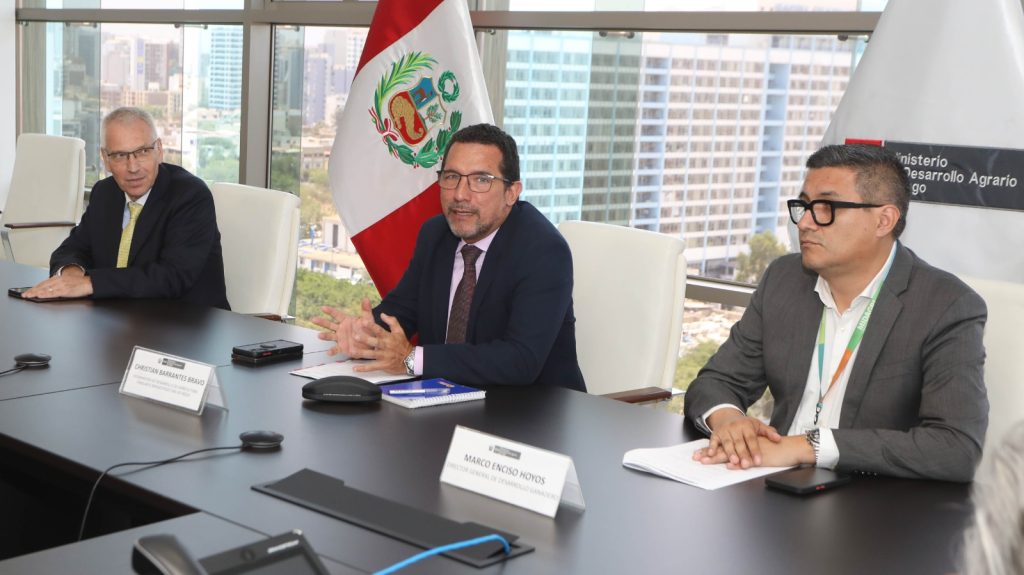
In recent years, the livelihoods of the high Andean population have been severely affected. Glaciers have melted by 56% in the last six decades, droughts are longer and frosts are more severe, affecting ecosystems and reducing water supplies. This has had an impact on agricultural production and has increased the vulnerability not only of the populations living in the upper parts of the watersheds, but also in the lower parts of the watersheds.
Therefore, together with the farming communities, around 24,000 hectares of puna ecosystems will be restored and conserved, sustainable agricultural businesses will be strengthened and capacities will be developed in districts with high vulnerability to climate change in the regions of Apurímac, Arequipa, Cusco, Lima (Yauyos) and Puno. Thus, the resilience of their livelihoods to climate change is improved. In addition, at least 30% of the local initiatives supported will be led by women.
“Resilient Puna will work closely with local governments, civil society and farming communities, enabling a paradigm shift with respect to climate resilience and sustainability of puna ecosystems, which are highly threatened by climate change,” said Matthias Giegerich, director of GIZ’s Asia-Pacific division. “At the same time, it will help Peru and Germany meet their climate commitments such as Nationally Determined Contributions (NDCs) and is part of the joint efforts under the Climate Alliance between the two nations,” he added.
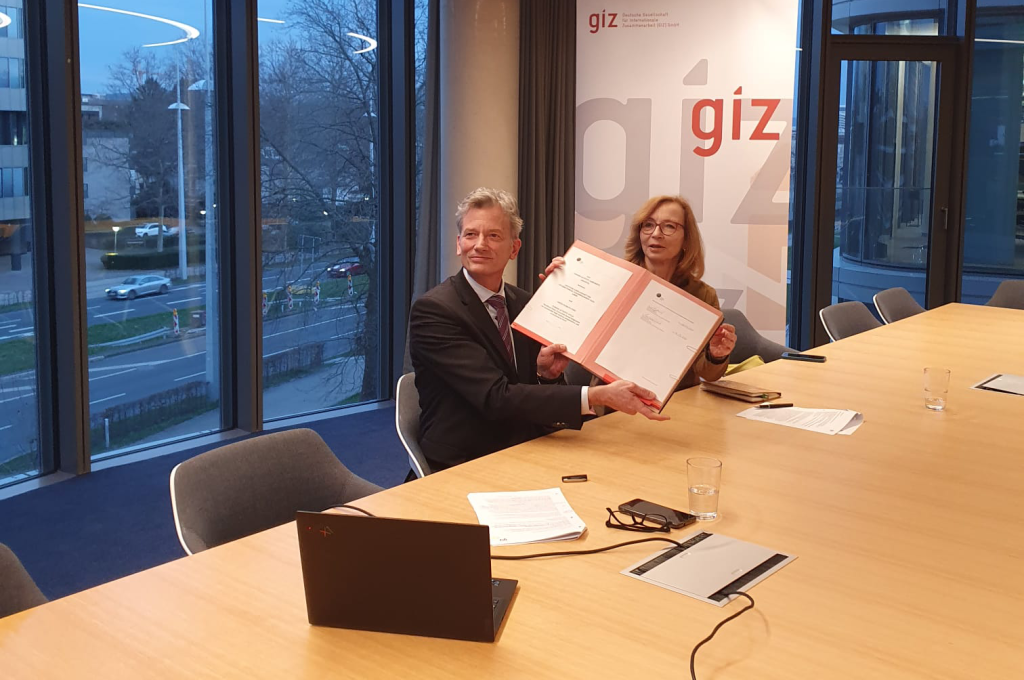
The project will be implemented jointly by the Ministry of Agrarian Development and Irrigation (MIDAGRI), the Ministry of the Environment (MINAM) through the National Service of Natural Areas Protected by the State (SERNANP), Profonanpe (Peru’s environmental fund), the Mountain Institute and German development cooperation, implemented by GIZ. It also has the technical assistance and support of MINAM, as the national authority on climate change, and the Ministry of Economy and Finance, as the Designated National Authority for the GCF.
About the Project
The project promotes the adoption of Ecosystem-based Adaptation (EbA) measures, such as the restoration and conservation of wetlands, oxbow lakes and terraces, sustainable management of natural pastures, agroforestry, among others.
In addition, support will be given to businesses based on the traditional livelihoods of high Andean families, such as high Andean crops, alpaca raising and vicuña management, strengthening climate-resilient value chains.
Resilient Puna will work hand in hand with small farmers and promote their protagonism in the design, implementation and monitoring of their local initiatives. At the same time, it will seek to recover ancestral knowledge in climate change adaptation, through an intergenerational dialogue that integrates new knowledge with ancestral practices.
The project will also support the establishment and implementation of public and private financing options for ecosystem-based adaptation and resilient businesses that are accessible to high Andean populations and sustainable in the medium and long term.
Resilient Puna will promote participatory planning, seeking to involve indigenous peoples and, in particular, women in decision-making at the different levels of territorial planning.
In addition, it will promote the transmission of lessons learned to the Peruvian government regarding the provision of goods and services with a territorial, watershed and gender approach, thus contributing to the sustainability of agricultural activities in the high Andean zones.
Finally, Resilient Puna will contribute to the fulfillment of our Nationally Determined Contribution, especially in the thematic areas of agriculture and water adaptation, within the framework of the Paris Agreement.
About the Green Climate Fund (GCF)
The GCF is the financial mechanism created under the United Nations Framework Convention on Climate Change to help developing countries finance climate change adaptation and mitigation practices.
Autor: Midagri


